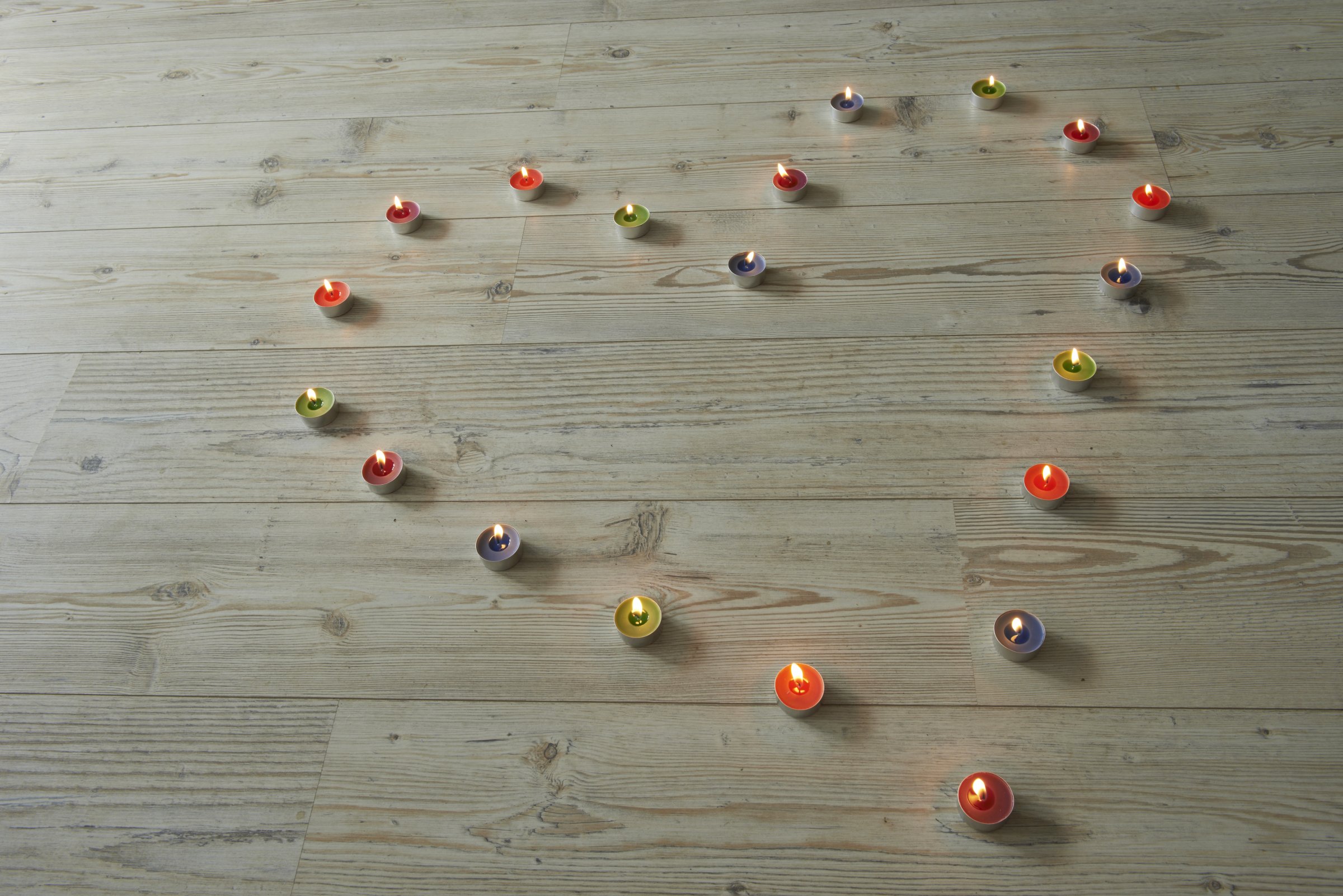
Let’s say you’re single. Let’s say you’re not happy about that fact. And let’s say you’re watching TV and you see a dreamy commercial of a happy couple hawking a happy product that seems to make them, you know, happy. Feel like buying? No, you don’t. Feel like throwing your shoe at the screen since it’s maybe the 15th ad like that you’ve seen tonight, and it’s interrupting a rom-com you’re watching that you’re kind of enjoying, but kind of resenting, too?
You’re not alone. Humans have always believed in the romantic ideal. We like our love stories clean and pretty and soft-focus and slo-mo. It’s the reason lovers die beautiful but tragic deaths in movies (Jessica Brown Findlay in Winter’s Tale, say) and on TV (um, Jessica Brown Findlay in Downton Abbey). It’s the reason Jane Austen movies end with the wedding, and not with the later, messier business of trying to get by in an era in which couples rarely bathed, lost their teeth by age 40 and were dead from typhus by 50.
In recent years, we’ve doubled down on our love of love—and that’s a very good thing. We’ve more fully embraced both interracial marriages (thank you, Cheerios) and same-sex ones (thank you, 59 percent of Americans who no longer take to the fainting couch at the sight of a wedding cake with two brides and two grooms). But that everyone-into-the couples-pool ethos has come at a funny time, too, and leaves a great many people out.
New marriages are at a record low—6.8 per 1,000 people—while the population of singles is at a record high: 103 million people over 18, or 44.1% of that group. For advertisers, that presents a problem. In a newly released study, consumer psychologist Lisa Cavanaugh of the University of Southern California administered seven different types of experiments to seven different groups of volunteers. All of the tests involved exposing the subjects to various kinds of so-called “relationship reminders,” such as greeting cards, advertisements and magazine stories. The ads portrayed multiple kinds of relationships—familial, romantic, platonic and more. The subjects were then shown different kinds of products and asked which ones interested them most.
Across the board, volunteers who were single and saw romantic relationship reminders were less inclined to buy luxury products and other high-end indulgences—just the kinds of goods advertisers most like to sell. People who were in relationships were at least marginally more inclined to go for the big-ticket goodies.
That is actually the opposite of what advertising theory says should happen. Romantic ads, Cavanaugh says, are supposed to be aspirational—buy the product and you get this guy or this girl. One would think that should be even more effective with singles; they’re still shopping for a mate, after all, while couples have made their partner purchase already. But singles go cool to the romantic come-on—and for a poignant reason.
“Relationship reminders often cause consumers to feel undeserving,” Cavanaugh said in a statement accompanying the release of the study. “By reminding people of relationships they don’t have, marketers inadvertently make consumers feel… less worthy of treating and rewarding themselves. Singles need to get some love from marketers too.”
This kind of self-denial is actually consistent with the experiences of most people who are—or at least recall being—single: You’ll take the cruise, buy the new furniture, get a bigger, better, more grown-up-feeling apartment when you have someone to share it all with. Until then, you’ll get by.
For both advertisers and consumers, that represents a strange blind spot. Do any self-respecting singles with a little disposable scratch really believe they’re not worthy—all by their solitary, unpaired, dinner-for-one selves—of buying whatever they bloody well want and can afford? Would any sane marketer give the brush-off to a 103 million-strong demographic? Yes and yes—and that ought to change. We may not all wind up single, but we all start out that way. Advertisers who ignore that truth leave money on the table. Singles who make the same mistake sacrifice a whole lot more.
More Must-Reads from TIME
- How the Economy is Doing in the Swing States
- Democrats Believe This Might Be An Abortion Election
- Our Guide to Voting in the 2024 Election
- Mel Robbins Will Make You Do It
- Why Vinegar Is So Good for You
- You Don’t Have to Dread the End of Daylight Saving
- The 20 Best Halloween TV Episodes of All Time
- Meet TIME's Newest Class of Next Generation Leaders
Write to Jeffrey Kluger at jeffrey.kluger@time.com